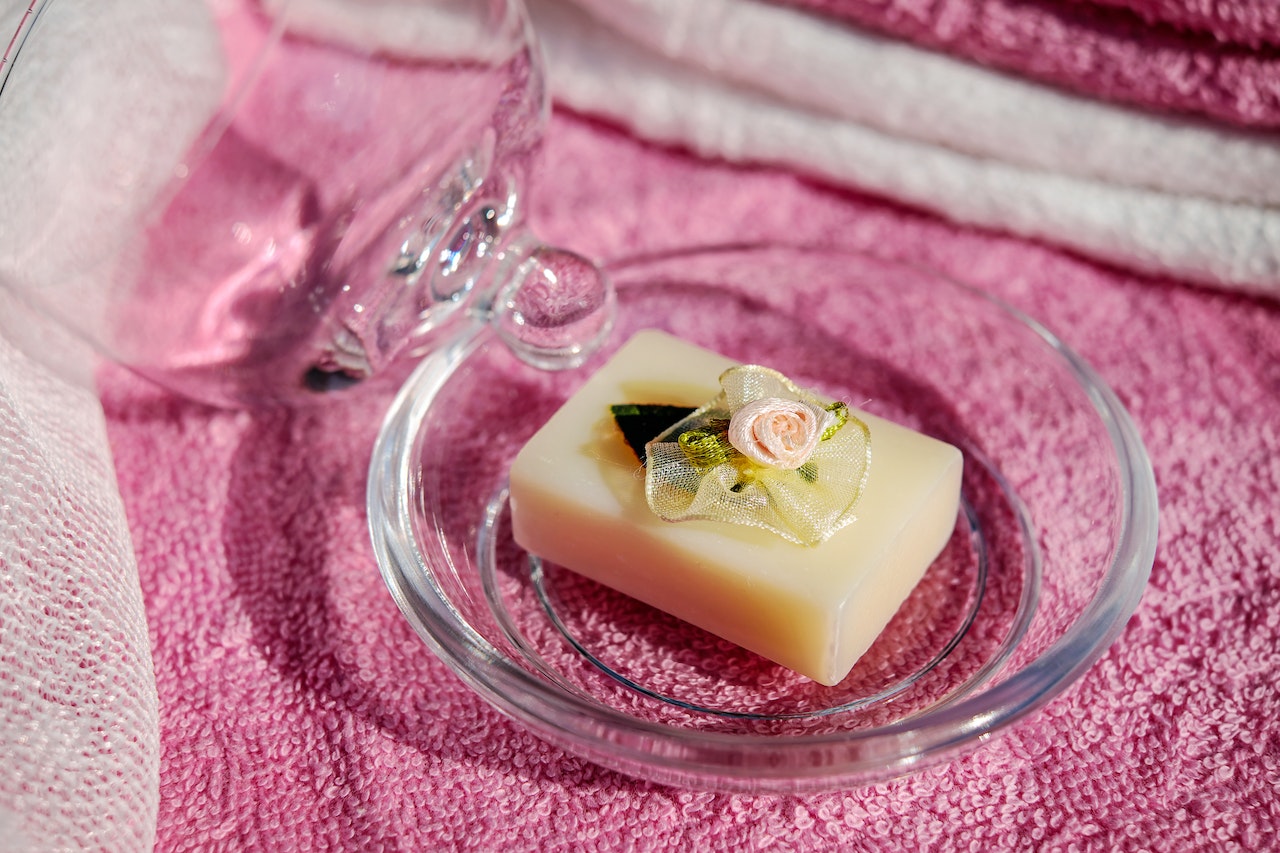
In the world of personal care products, the choices seem endless. When it comes to soap, consumers are faced with options ranging from all-natural soap to soap from popular brands and even detergents. Each type of soap has its unique characteristics, ingredients, and benefits. In this blog post, we will explore the core differences between all-natural soap, soap from popular brands, and detergents, and why it is better to choose all-natural soap for your portfolio if you plan to sell soap.
All-Natural Soap
As the name suggests, all-natural soap is made from 100% natural ingredients derived from plants, herbs, oils, and essential oils. The production process involves the traditional method of saponification, where fats and oils are combined with lye (sodium hydroxide) to create soap. The chemical reaction during saponification transforms these ingredients into soap, with glycerin retained in the final product for its moisturizing properties.
The core difference between all-natural soap and other types is its pure, unadulterated composition. All-natural soap is free from synthetic fragrances, dyes, and harsh chemicals commonly found in mass-produced soaps. It is gentle on the skin, making it suitable for individuals with sensitive skin or allergies. Additionally, all-natural soap is often cruelty-free and eco-friendly, aligning with consumer demand for sustainable and ethical products.
Soap from Popular Brands
Soap from popular brands, often referred to as commercial or mass-produced soap, dominates the market due to extensive marketing campaigns and widespread availability. While these soaps may claim to be “gentle” or “moisturizing,” they often contain a myriad of synthetic additives, preservatives, and artificial fragrances. Many commercial soaps also undergo a process known as “stripping,” which removes glycerin to be used in other cosmetic products, leaving the soap less nourishing for the skin.
Moreover, some commercial soaps are not authentic soaps but rather detergents, as they are made with synthetic surfactants instead of traditional saponification. These detergents can strip the skin of its natural oils, leading to dryness and irritation. The core difference between soap from popular brands and all-natural soap is the presence of synthetic additives and the lack of nourishing ingredients, making them less suitable for individuals seeking a gentle and holistic skincare experience.
Detergents
Detergents, commonly found in bar and liquid “soaps” are not true soaps but synthetic cleansing agents made from petroleum-based ingredients. They are designed to create a lathering effect and remove dirt and oil from the skin’s surface. While detergents can effectively cleanse, they tend to be harsher on the skin than authentic soap.
Detergents may contain sulfates, parabens, phthalates, and other synthetic chemicals that can cause skin irritation and disrupt the skin’s natural barrier. Additionally, detergents lack the natural moisturizing properties found in all-natural soap. The core difference between detergents and all-natural soap is the formulation and impact on skin health. Opting for all-natural soap provides a more nourishing and gentle cleansing experience, ensuring the skin remains hydrated and protected.
Why Choose All-Natural Soap for Your Portfolio if You Plan to Sell Soap?
If you are considering selling soap, choosing to include all-natural soap in your portfolio offers several compelling reasons.
Rising Consumer Demand. Consumers are becoming increasingly mindful of the ingredients in their skincare products. The demand for all-natural, organic, and cruelty-free products is increasing. By offering all-natural soap, you tap into a growing market of conscious consumers seeking healthier skincare options.
Versatility. All-natural soap appeals to many customers, including those with sensitive skin or skin conditions. Its nourishing properties and gentle formulation make it suitable for everyday use by all members of the family, from children to seniors.
Brand Authenticity. Selling all-natural soap aligns with a brand’s commitment to transparency, sustainability, and ethical practices. By offering a product that promotes the well-being of both consumers and the environment, you establish brand authenticity and build trust with your audience.
Differentiation. All-natural soap sets your brand apart in a market flooded with commercial soaps and detergents. The unique blend of natural ingredients and the absence of harmful chemicals create a product that stands out and captures the attention of discerning consumers.
Environmental Impact. All-natural soap is biodegradable and environmentally friendly. Choosing to sell all-natural soap aligns your business with the values of eco-conscious consumers who strive to minimize their ecological footprint.
Conclusion
When considering which types of soap to include in your portfolio for a soap-selling business, it becomes evident that all-natural soap is the superior choice. Its pure and gentle formulation, free from synthetic additives and harmful chemicals, appeals to a growing market of conscious consumers seeking healthier and more sustainable skincare products. By offering all-natural soap, you not only cater to the diverse needs of your customers but also establish your brand as one that prioritizes authenticity, transparency, and environmental responsibility. The core difference between all-natural soap, soap from popular brands, and detergents lies in their ingredients and formulation, making all-natural soap the best choice for a soap business portfolio that strives for success and positive impact.
You may be interested in: Economical yet Effective Cleaning Tips for Glass Shower Doors

